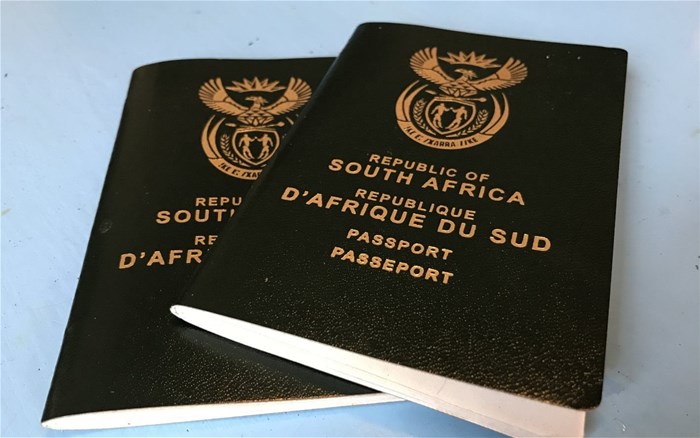
South Africans who automatically lost their citizenship when they took citizenship of another country have been aided by the Supreme Court of Appeal.
The court has ruled the relevant section of the South African Citizenship Act to be inconsistent with the Constitution.
In a unanimous ruling, it further ordered that those South Africans who lost their citizenship through the application of the section, since its operation from 1995, “are deemed not have not to have lost their citizenship”.
The challenge to the legislation was brought by the Democratic Alliance, whose arguments were initially dismissed by the Pretoria High Court before being granted leave to appeal to the Supreme Court of Appeal.
The ruling, handed on Tuesday, was penned by Judge Dumisani Zondi.
“The DA brought the application on behalf of South African citizens who, to their surprise, discovered they had lost their citizenship,” said Judge Zondi.
The DA relied on the evidence of Phillip Plaatjes, a South African living in the United Kingdom who married a British citizen. Plaatjes eventually became a naturalised citizen of the UK in 2007 and travelled regularly on his South African passport.
But in 2015, when he went to the embassy in London to renew his passport, he was told he had “automatically” lost his citizenship after he acquired British citizenship, and embassy officials cancelled his passport.
Plaatjes said he never wanted to leave South Africa permanently, nor relinquish his South African citizenship.
Judge Zondi said the DA contended there were many South Africans living abroad who had been similarly affected and the Act had taken away their right to citizenship without any notice.
The Minister of Home Affairs opposed the application. His lawyers argued the loss of citizenship was as a result of a voluntary act on the part of the citizen, not the State, and that the Act also allowed people to apply to the minister if they wished to retain their citizenship.
Judge Zondi, on behalf of the court, said the minister’s lawyers were unable to point to a legitimate government purpose which the section of the Act sought to achieve “save for a generalised submission that its purpose is to regulate the acquisition and loss of South African citizenship”.
“To meet the standard of rationality, the Minister was required, in the first place, to provide the specific and legitimate purpose the provision was designed to foster.”
Of the argument that the section allowed a person to retain their citizenship on application to the Minister, Judge Zondi said: “But this merely underscores the arbitrariness and irrationality of the section. It gives the minister untrammelled discretion ... it reposes in the minister a vague and undefined discretionary power in relation to the retention of a fundamental right, inextricably linked to other fundamental rights (such as the right to vote and stand for public office) and the right to enter and remain in South Africa and the right to freedom of trade, occupation and profession.”
Judge Zondi also noted the Act expressly recognised dual citizenship.
In declaring the section unconstitutional, and backdating that invalidity to 1995, Judge Zondi said others in a similar situation to Plaatjes must “enjoy the benefit of restoration without the need for any further litigation”.
The court ordered the Minister pay the costs of the application.
This article was originally published on GroundUp.

GroundUp is a community news organisation that focuses on social justice stories in vulnerable communities. We want our stories to make a difference.
Go to: http://www.groundup.org.za/